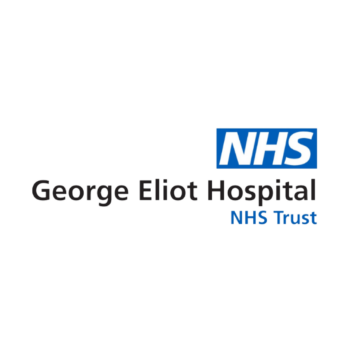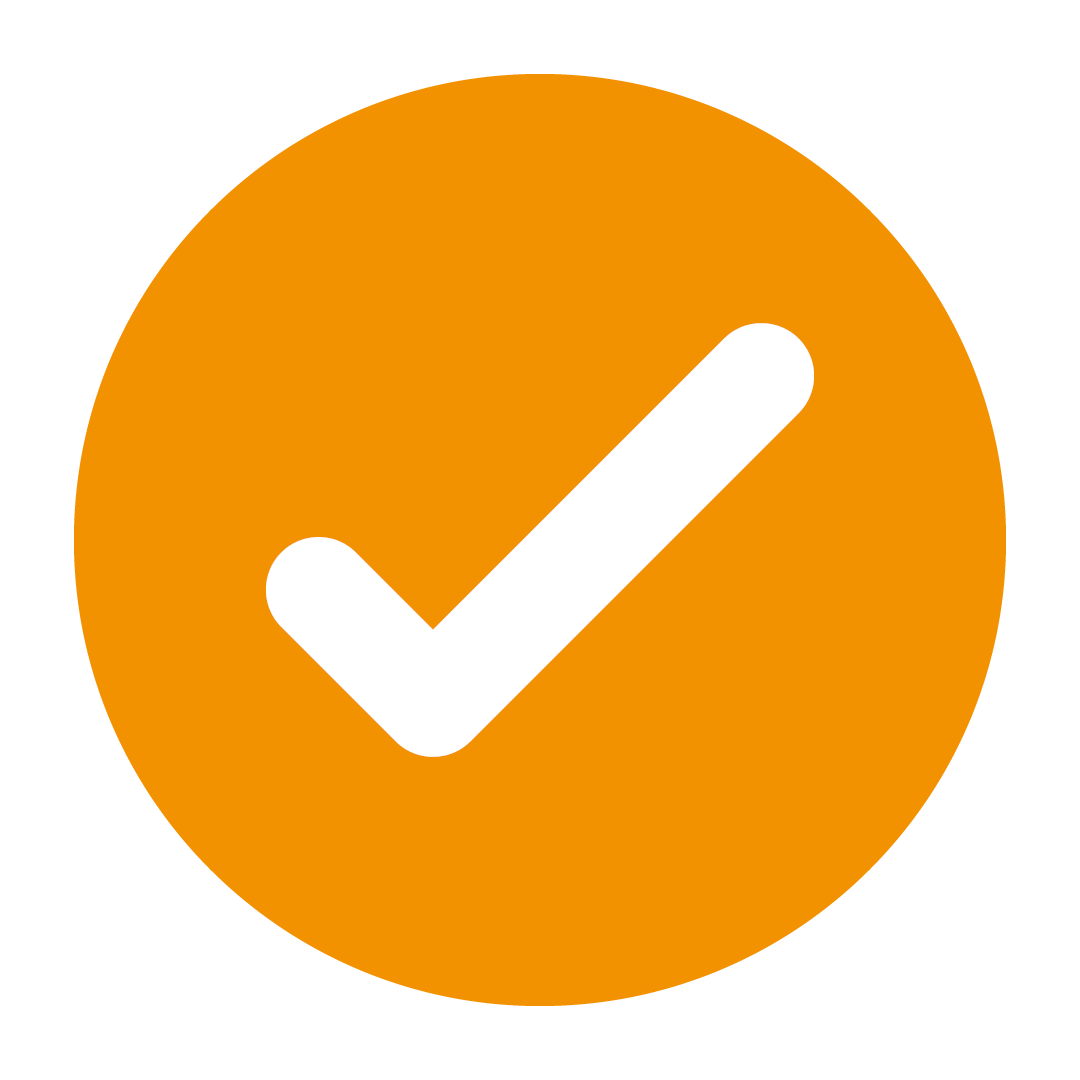George Eliot Hospital needed to address the inefficiencies arising from the delayed access to critical clinical applications. These applications were essential but time-consuming to load and access. Clinical staff found their workflows hindered, with valuable time diverted from patient care to administrative tasks. This prompted the hospital to devise a solution that would revolutionise clinician experience, ensuring streamlined access to vital systems.
What was the solution?
George Eliot Hospital recognised the critical need to alleviate the challenges faced by clinical staff due to slow application access. The prolonged process of logging into multiple systems hindered patient care and deterred clinicians from fully embracing electronic tools. The introduction of new functionalities, such as Results and Requesting (R+R) and Advanced Bed Management (ABM), further emphasised the urgency to optimise system performance. The trust was driven by the fear that if this issue persisted, clinical support might dwindle, risking a return to paper-based methods.
By collaborating with our specialists, the trust identified a solution that combined One Sign Virtual Desktop Access (VDA), Virtual Desktop Infrastructure (VDI), and ISOSEC’s Identity Agent and Session Persistence. This unified approach promised a faster, more secure way for clinicians to access applications. The envisioned mobile clinical desktop environment would allow clinicians to connect to national applications with their smartcards, maintaining active sessions throughout their shifts. This mechanism would curb unnecessary logins, enhancing efficiency and patient care.
Benefits
The implementation of the unified mobile clinical desktop unlocked several benefits:
Implementation and results
Within six months of implementing the unified mobile clinical desktop solution, the Trust achieved remarkable results. Clinicians reported increased efficiency in accessing applications, resulting in enhanced patient care. Administrative tasks no longer impeded clinical workflows, and it also reduced total cost of ownership, prolonged hardware lifecycles, and contributed to energy cost savings and carbon footprint reduction.
Future outlook
The Trust’s foresight in addressing the challenges of application access paved the way for a more efficient and patient-centric healthcare environment. The solution not only met the Trust’s immediate needs, but also positioned it well for the upcoming challenges, such as the release of an Electronic Discharge Summary, and the continued development of the Clinical Portal and CDC forms.
By investing in a unified mobile clinical desktop solution, the Trust demonstrated its commitment to efficient patient care and streamlined clinician workflows. The results were tangible, with clinicians enjoying increased access speed, reduced administrative tasks, and improved overall satisfaction.
The Trust’s success story exemplifies the power of technology in shaping a brighter future for healthcare delivery. Discover how to drive these benefits for your organisation.

